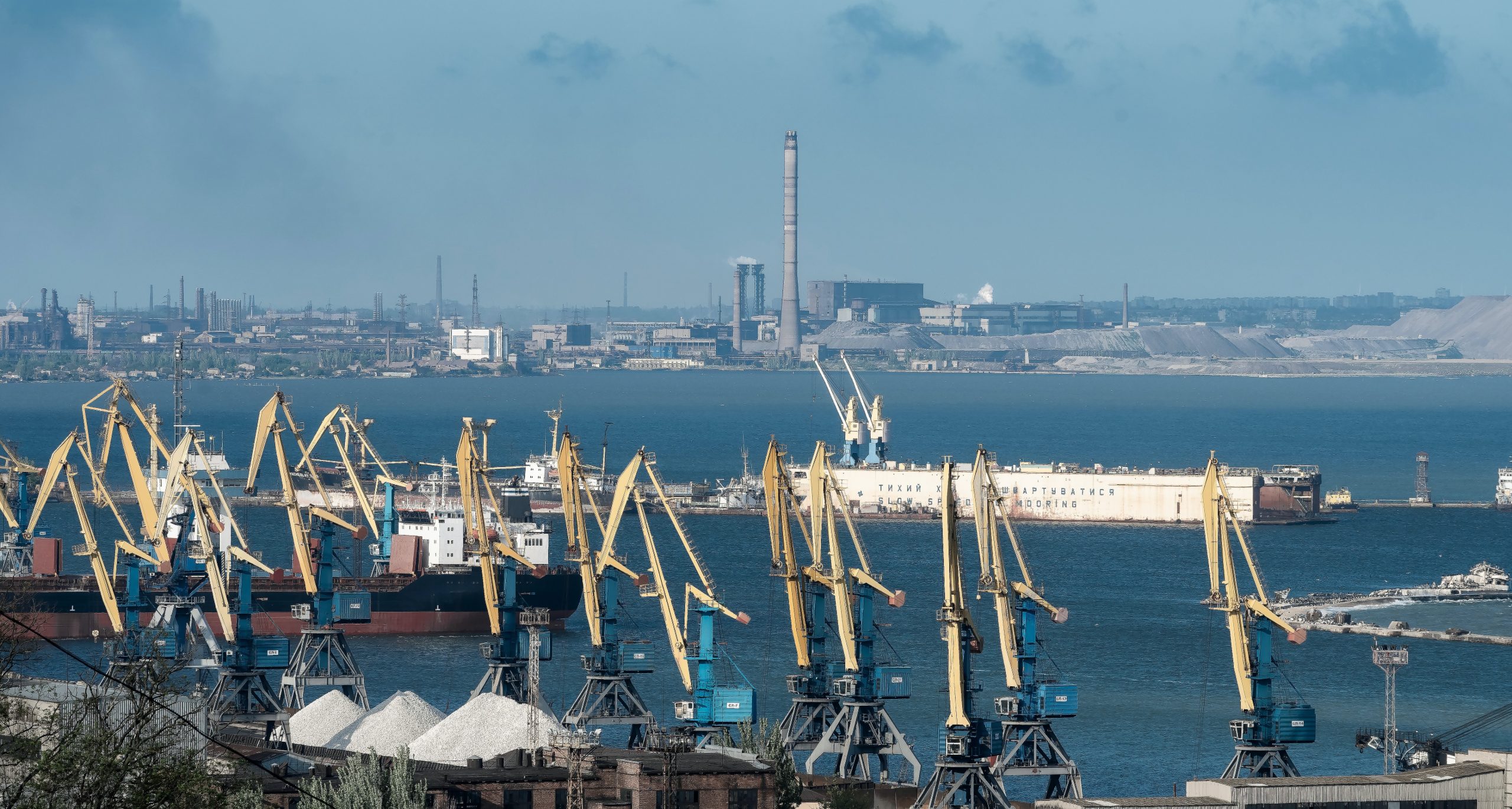The Organization of the Petroleum Exporting Countries (OPEC) has been a significant player in the global oil industry for decades. With their ability to control production and prices, OPEC’s dominance has both benefited and harmed various countries and industries around the world. In this blog post, we’ll delve into the pros and cons of OPEC’s influence on the oil industry, exploring how it affects everything from global economies to individual consumer wallets. So grab your coffee and let’s dive in!
OPEC’s History
OPEC was founded in Baghdad, Iraq, in September 1960 by five oil-producing countries: Iran, Iraq, Kuwait, Saudi Arabia, and Venezuela. These countries were later joined by Qatar (1961), Indonesia (1962), Libya (1962), the United Arab Emirates (1967), Algeria (1969), Nigeria (1971), Ecuador (1973), and Gabon (1975).
OPEC’s primary objective is to “coordinate and unify the petroleum policies of its Member Countries and ensure the stabilization of oil markets in order to secure an efficient and regular supply of petroleum to consuming nations, and a fair return on their investment to producing nations.”
In recent years, OPEC has come under increasing criticism from both producing and consuming nations. Critics argue that OPEC’s dominance of the global oil market has led to higher oil prices and increased volatility. They also argue that OPEC’s production quotas have not been adhered to in practice, leading to overproduction and glutted markets.
On the other hand, supporters of OPEC point to the organization’s role in stabilizing the global oil market. They argue that without OPEC’s intervention, prices would be even higher and more volatile. They also point out that while OPEC members may not always adhere to production quotas in practice, they have been successful in reducing overall production when necessary to balance the market.
How OPEC Works
OPEC is a cartel of oil-producing countries that have joined together to control the price and supply of oil on the global market. The organization was founded in 1960 with five founding members: Iran, Iraq, Kuwait, Saudi Arabia, and Venezuela. Today, OPEC has 14 member countries.
OPEC’s power comes from its ability to control a large portion of the world’s oil production. OPEC members collectively produce about 40% of the world’s crude oil. This gives them a significant amount of influence over global oil prices.
OPEC operates by setting production quotas for its member countries. These quotas are based on each country’s estimated reserves and production capacity. By limiting production, OPEC can keep prices high and earn more revenue for its members.
However, there are downsides to OPEC’s dominance in the global oil industry. Higher oil prices can harm the economy by making transportation and energy costs more expensive. And if OPEC decides to reduce production, it can cause an oil shortage and send prices soaring even higher.
Pros of OPEC’s Dominance
OPEC’s dominance of the global oil industry has a number of advantages. First, it provides a stable and secure supply of oil to member countries. This is especially important for countries that are heavily dependent on oil imports, as it ensures that they will not be cut off from supplies in the event of political or economic instability in producer countries.
Second, OPEC’s dominance gives member countries a great deal of power and influence over the global oil market. This allows them to manipulate prices to their advantage, and also to use their influence to encourage other countries to adopt policies that are favorable to OPEC.
Third, OPEC’s dominance gives member countries a considerable degree of control over the global oil supply. By controlling production levels, they can ensure that prices remain high, while at the same time limiting the amount of oil available on the world market and thus preventing other producers from competing too successfully against them.
Fourth, OPEC’s dominance helps to protect member countries’ economies from fluctuations in the price of oil. By keeping prices relatively stable, OPEC ensures that its members can budget for their energy needs and avoid economic upheaval when prices rise or fall sharply.
Overall, then, there are many advantages to OPEC’s dominance of the global oil industry. However, there are also some disadvantages that should be considered before deciding whether this is a good thing or not.
Cons of OPEC’s Dominance
OPEC’s dominance in the global oil industry has led to higher prices for consumers and a reliance on oil-producing countries for energy security.
Some of the cons of OPEC’s dominance include:
Higher prices for consumers: OPEC’s production quotas have led to higher prices for consumers, as member countries often sell oil at prices above the global market price. This can lead to inflation and higher costs of living.
Reliance on oil-producing countries: Countries that rely on imports of OPEC oil can be vulnerable to supply disruptions and political instability in member countries. This can lead to higher energy costs and a need for alternative sources of energy.
Increased environmental pollution: The burning of fossil fuels such as oil contributes to air pollution and climate change. As OPEC countries are some of the largest producers and exporters of oil, their dominance in the industry can increase environmental pollution levels globally.
What the Future Holds for OPEC
OPEC’s decision to cut production in order to raise prices has been both praised and criticized by different members of the global oil industry. Some believe that this will help to stabilize the market and improve conditions for producers, while others believe that it will lead to higher prices and less competition.
What the future holds for OPEC is uncertain, but it is clear that the organization will continue to be a major player in the global oil industry. With its production cuts, OPEC has shown that it is willing to use its power to influence prices. This could lead to more cooperation between OPEC members in the future, or it could lead to further conflict.
Conclusion
In conclusion, OPEC’s influence and dominance in the global oil industry has both its advantages and disadvantages. It has allowed many countries to benefit from the wealth of resources that it provides, while also allowing them to control their own production levels and prices. However, it also leads to a great deal of volatility due to political instability, as well as economic concerns such as price speculation. Ultimately, only time will tell how this group’s power will shape up in the years ahead.











